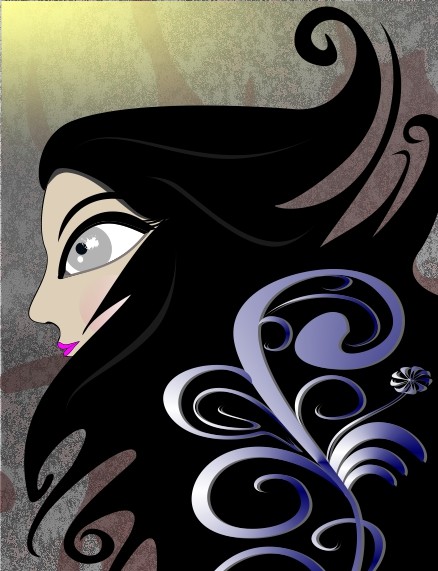
National November Writing Month, NaNoWriMo, NaNo, Na na na − okay that last one I made up.
Saying NaNoWriMo is awkward, but then the full title is long and the last words end up mumbled. Not that it matters, since any attempt to explain NaNoWriMo to non-writers is useless. I receive the cocked head and confused expression.
The main question asked is, “Why?”
My answer is that it sounds fun. Plus, I recently finished the rough edits of my novel (Yay!) I’m ready to let it sit for a while before I look at it with fresh eyes. A month away will do me some good, so it’s the perfect time to start something new.
I’ve decided to write a prequel to my novel. It will fit the word count and I have the characters ready to go in my mind. I’m excited to get started and I just need to flush out the full plot.
Wish me luck! And good luck to all who are participating this year.
Here are some resources I’ve read to prepare for NaNoWriMo:
NaNoWriMo blog posts:
National November Writing Month
Why You Should Consider Sharing Your Novel As You Go
Roadtrip to NaNo: How Setting Can Act as a Character In Your Novel
Roadtrip to NaNo: Creating 3-D Characters By People Watching
Kristen Lamb’s blog posts:
NaNoWriMo—Training Lean, Mean, Writing Machines
How to Make Sure Your NaNo Project Isn’t a Hot Mess
Fueling the Muse for NaNoWriMo—Part One
Fueling the Muse Part 2—How to Give Your NaNo Story a Beating Heart and a Skeleton
M.J. Wright’s blog posts:
Sixty second writing tips: pushing the NaNo edges
Questions to ask before starting your novel
Write it now: how to make readers feel what you do when writing
How to write a 50,000 word novel in a month
I would I love to hear from you! Let me know about your plans for NaNoWriMo or the conversations you’ve had about it.
Thanks for reading my blog.
A.G. Zalens

